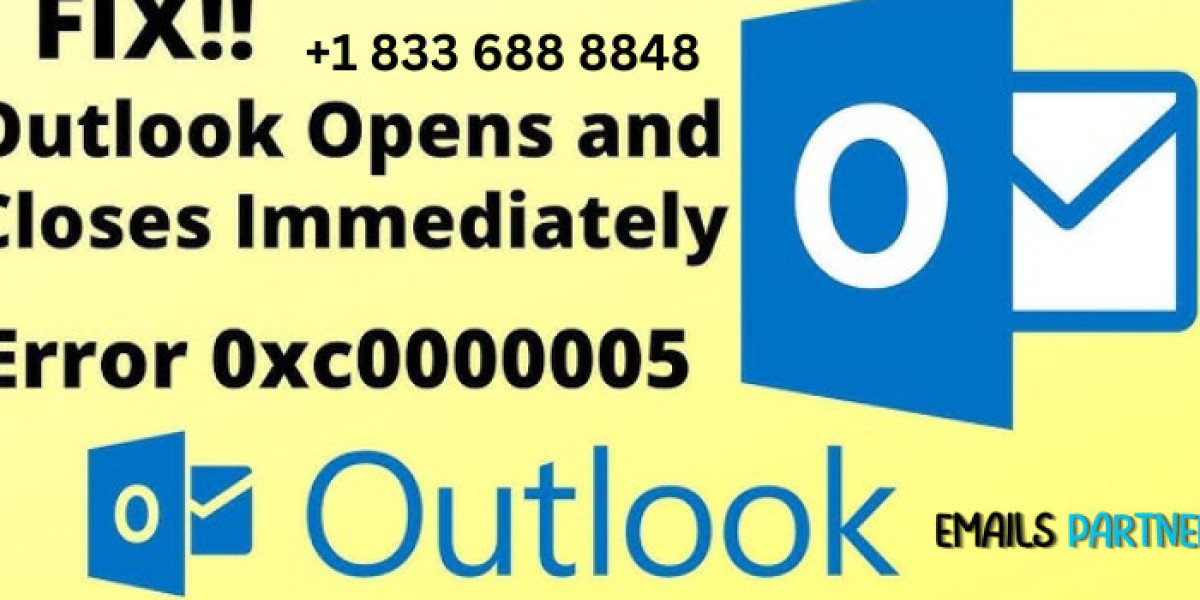What are EMR Software Jobs?
EMR software jobs encompass a wide range of roles within the healthcare technology sector. These jobs involve developing, implementing, and maintaining electronic medical record systems that help healthcare providers streamline their workflows and improve patient care. Some common EMR software jobs include:
- Software Developer: responsible for designing and coding EMR software applications
- Implementation Specialist: assists healthcare facilities in deploying and integrating EMR systems
- Data Analyst: analyzes EMR data to identify trends and improve clinical outcomes
- Technical Support Specialist: provides troubleshooting and support for EMR software users
The Benefits of Pursuing a Career in EMR Software
There are several compelling reasons to consider a career in EMR software. One of the main benefits is job security, as the demand for skilled EMR professionals is expected to continue growing as healthcare organizations transition to digital record-keeping. Additionally, working in EMR software offers the opportunity to make a meaningful impact on patient care by developing innovative solutions that enhance efficiency and accuracy in healthcare settings.
Another advantage of pursuing a career in EMR software is the potential for career advancement and competitive salaries. As technology continues to play a crucial role in healthcare delivery, skilled EMR professionals are in high demand and can command lucrative salaries based on their expertise and experience.
Key Skills and Qualifications for EMR Software Jobs
Individuals interested in pursuing a career in EMR software should possess a strong foundation in software development, database management, and healthcare IT. Key skills and qualifications for EMR software jobs include:
- Proficiency in programming languages such as Java, C++, or Python
- Experience with database management systems like SQL and Oracle
- Knowledge of healthcare regulations and privacy laws (e.g., HIPAA)
- Strong communication and problem-solving skills
Additionally, a background in computer science, information technology, or a related field is typically required for most EMR software positions. Some employers may also prefer candidates with certifications in EMR software or healthcare informatics.
The Future Outlook for EMR Software Jobs
With the continued adoption of electronic medical records and the growing emphasis on data-driven healthcare solutions, the future looks bright for EMR software jobs. Healthcare organizations are investing heavily in technology to improve patient outcomes and reduce costs, creating new opportunities for skilled professionals in the EMR software field.
As advancements in artificial intelligence, machine learning, and telemedicine continue to shape the healthcare landscape, EMR software jobs will evolve to meet the changing needs of the industry. Professionals with a strong foundation in healthcare IT and a passion for innovation will be well-positioned to succeed in this dynamic and rewarding field.
EMR software jobs offer a unique opportunity to combine technology and healthcare in a rewarding and impactful career. With the right skills and qualifications, individuals can pursue a variety of roles within the EMR software industry and contribute to the future of healthcare innovation. As the demand for electronic medical record systems continues to grow, so too will the demand for skilled professionals who can develop, implement, and support these critical tools.
For more information on EMR software jobs and career opportunities in healthcare technology, be sure to check out resources such as Healthcare IT News and CIO.
I recommend reading: https://moldstud.com/articles/p-how-to-find-and-hire-nextjs-developers







